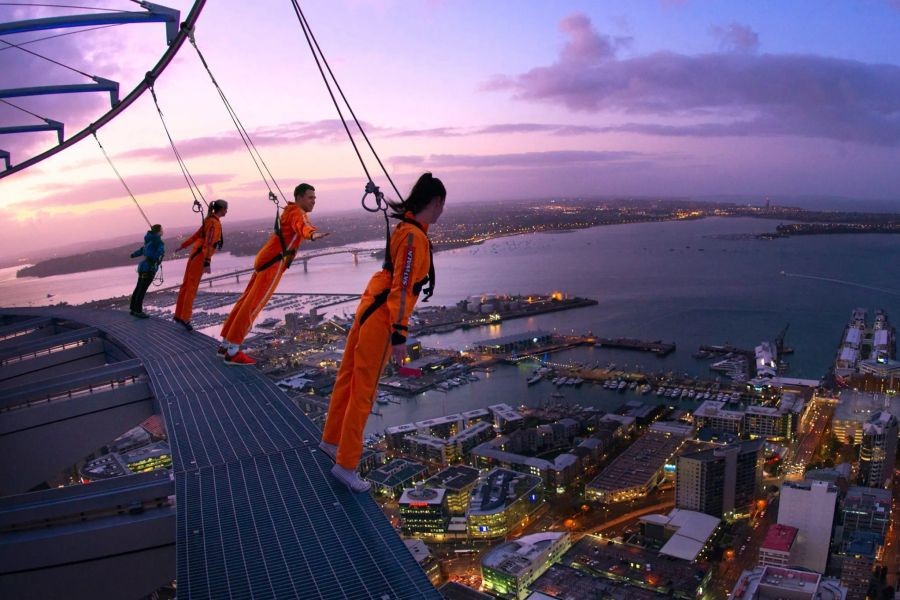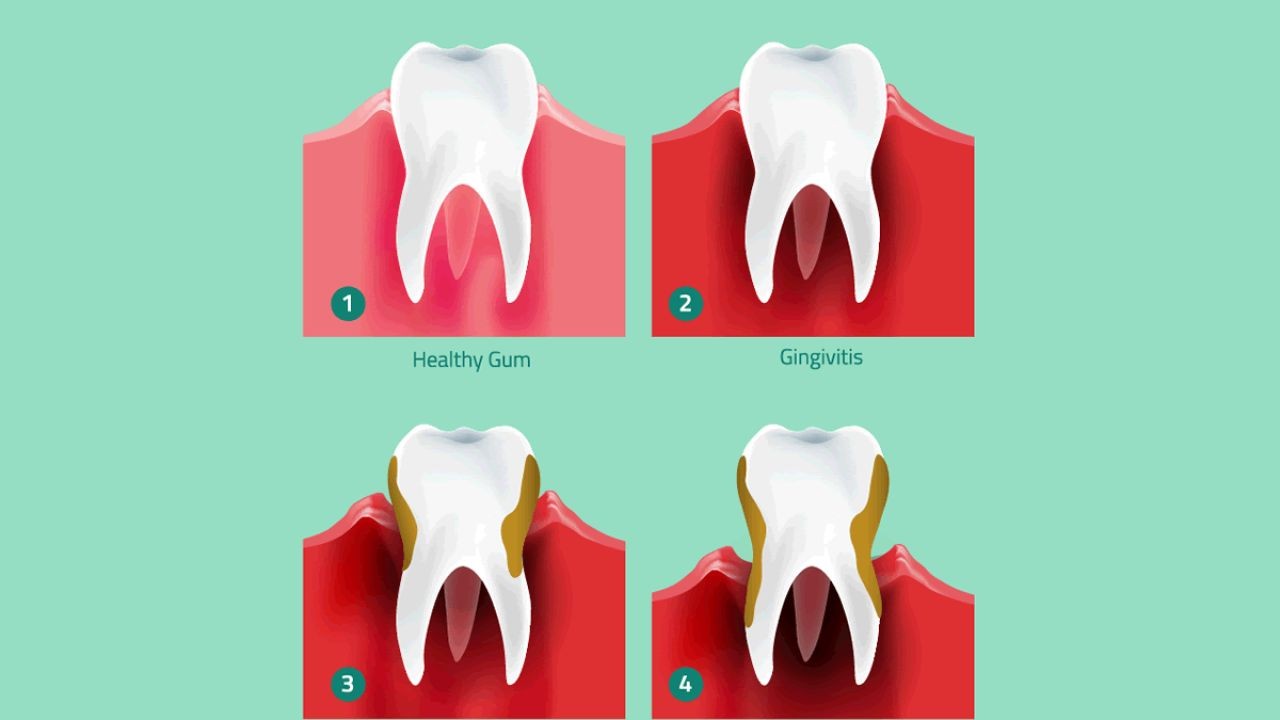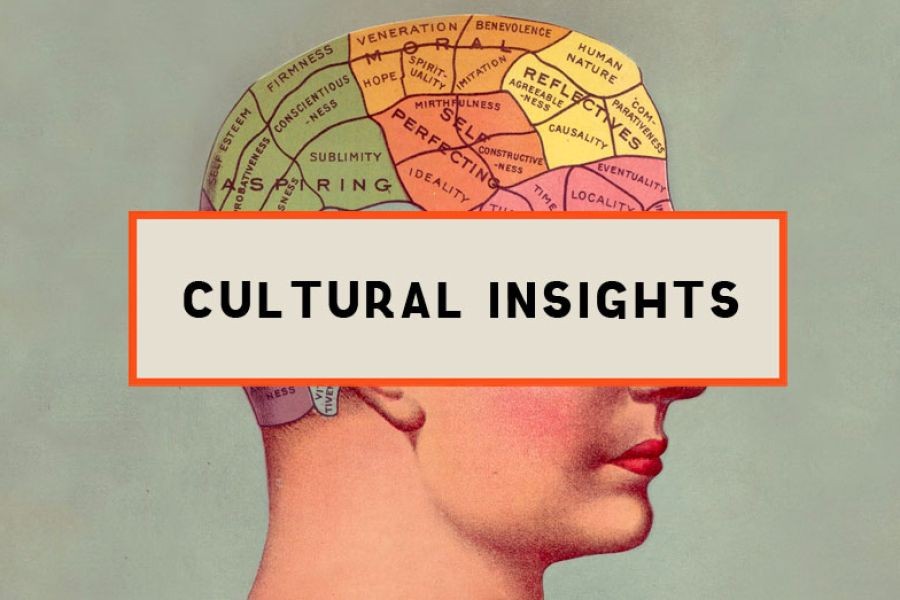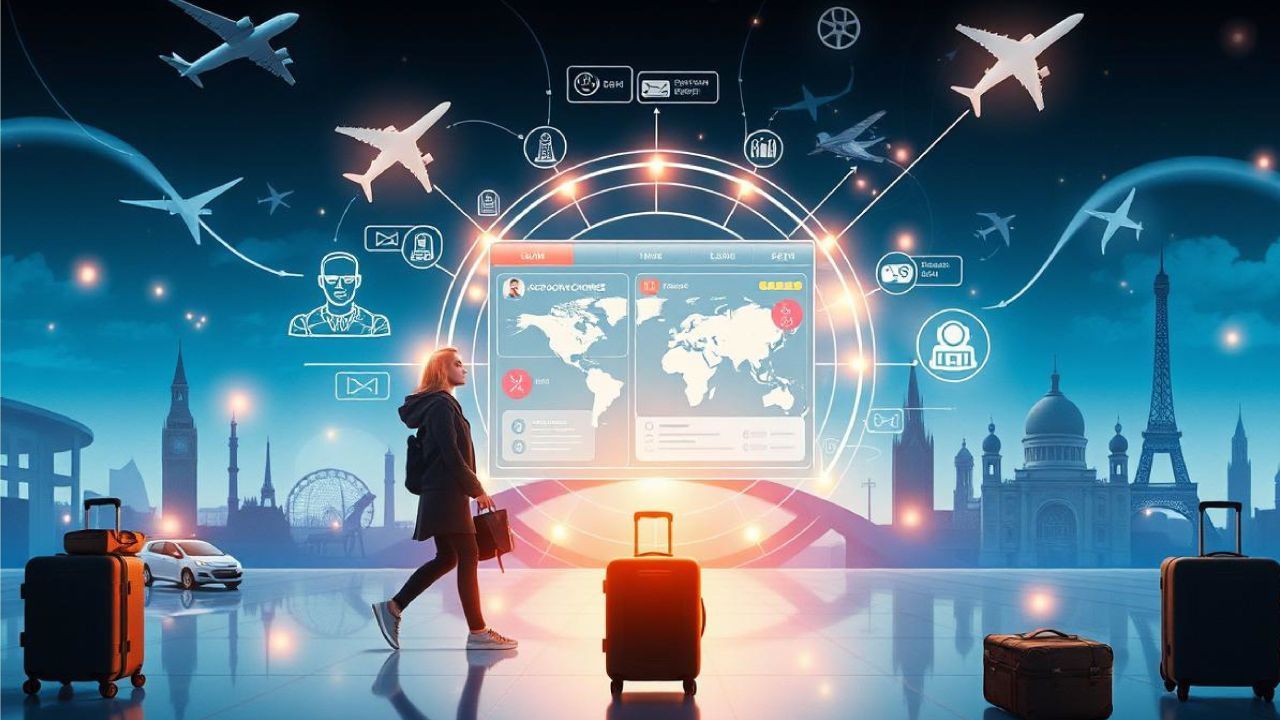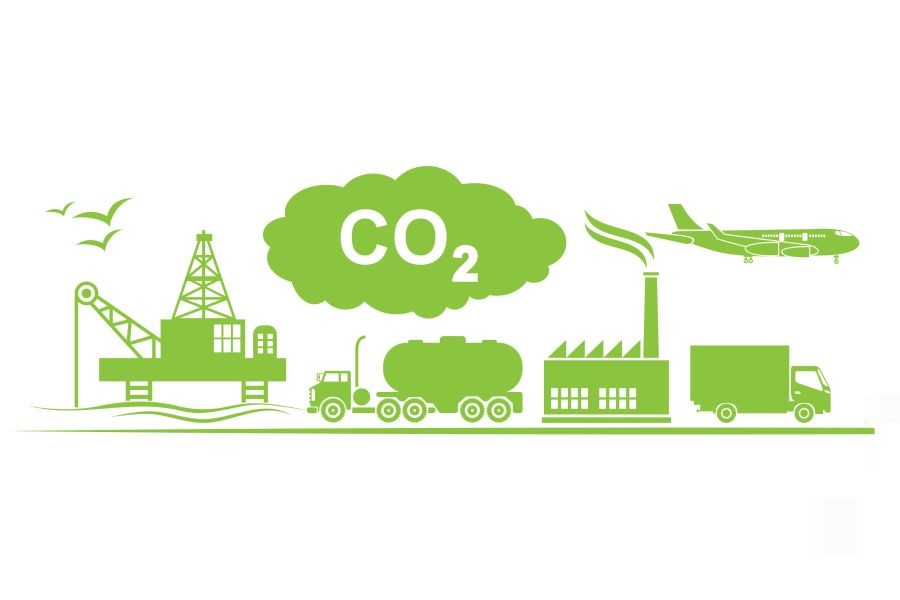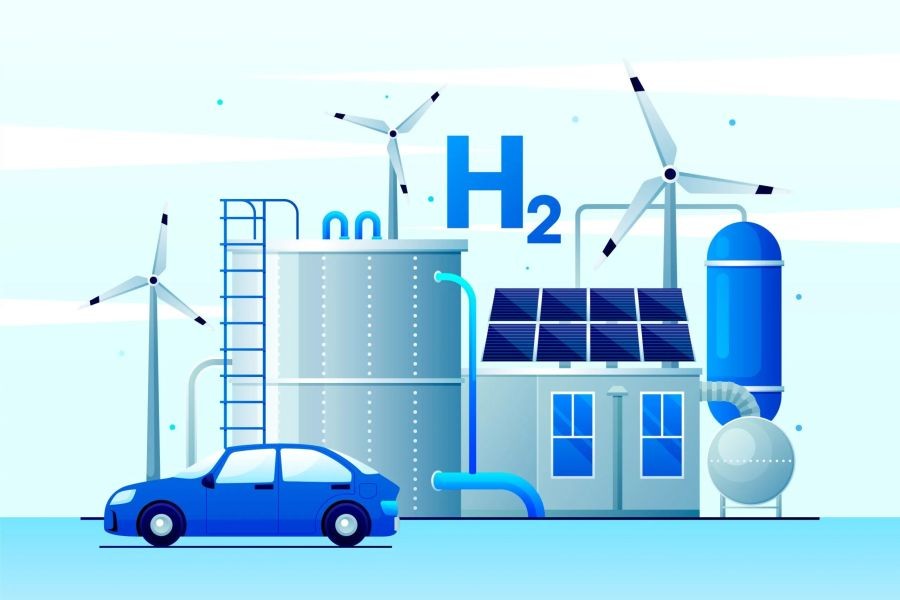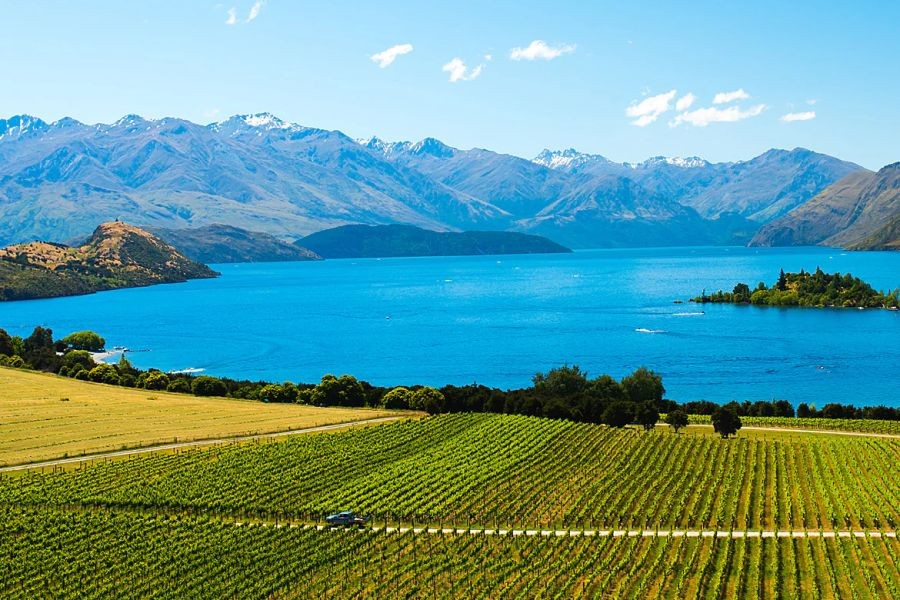The tapestry of New Zealand's economy is intricately woven with various threads, among which tourism stands as a vibrant and indispensable strand. While the lush landscapes and cultural richness of Aotearoa are well-celebrated globally, the profound economic impact of tourism often remains underappreciated. In this exploration, we delve into five pivotal ways tourism contributes to New Zealand's economy, shedding light on data-backed insights and offering local business owners strategic perspectives.
A Historical Overview of Tourism in New Zealand
To appreciate the current economic contributions of tourism, it's crucial to understand its evolution. Historically, tourism in New Zealand began gaining momentum in the early 20th century, but it wasn't until the mid-1980s that it emerged as a significant economic sector. The introduction of the "100% Pure New Zealand" campaign in 1999 marked a transformative period, positioning the country as a premier global destination.
From Niche to Mainstream
The strategic marketing efforts propelled New Zealand from a niche destination to a mainstream tourist hub. The campaign not only highlighted the nation's natural beauty but also its cultural heritage and adventure tourism, attracting millions of visitors annually. According to the Ministry of Business, Innovation, and Employment (MBIE), tourism contributed 5.8% to New Zealand's GDP in 2019, reflecting its substantial economic footprint.
Direct Economic Contributions
Tourism's direct contribution to the economy is multifaceted. At the forefront is the revenue generated from international visitors. In 2019, New Zealand welcomed over 3.9 million international tourists, injecting approximately NZD 17.2 billion into the economy. This influx of foreign exchange not only bolsters the national treasury but also significantly supports local businesses, ranging from hospitality to retail sectors.
Case Study: Queenstown's Tourism Boom
Problem: Queenstown, known as the adventure capital of the world, faced a seasonal tourism challenge, with significant fluctuations in visitor numbers.
Action: The local tourism board implemented a year-round marketing strategy, emphasizing both summer and winter attractions. They leveraged digital platforms to reach global audiences and partnered with airlines to offer competitive travel packages.
Result: Within two years, Queenstown achieved a 20% increase in off-peak season visitors, contributing an additional NZD 200 million annually to the local economy.
Takeaway: Diversifying tourism offerings can stabilize visitor numbers and enhance economic stability in tourism-dependent regions.
Employment Generation and Skill Development
Tourism is a significant employer in New Zealand, directly providing jobs to over 230,000 people, as per Stats NZ data. This sector not only offers employment opportunities but also drives skill development across various fields such as hospitality, travel management, and customer service. The industry's dynamic nature necessitates continuous upskilling, fostering a skilled workforce that benefits other sectors as well.
Pros vs. Cons of Tourism Employment
- Higher ROI: Tourism jobs often lead to economic multiplier effects, with employees spending income locally.
- Proven Effectiveness: Real-world case studies show that tourism-driven employment can uplift entire communities.
- Long-Term Benefits: Skills acquired in tourism are transferrable to other industries, enhancing employment resilience.
- Initial Costs: Training and development require investment before realizing returns.
- Industry Variability: Employment levels can fluctuate based on seasonal tourism demand.
Infrastructure Development and Urban Regeneration
The influx of tourists necessitates robust infrastructure, thereby catalyzing development projects across the country. Airports, highways, and public transport systems often see expansions and improvements due to tourism demands. For instance, the expansion of Auckland International Airport was directly linked to increasing visitor numbers, enhancing the overall travel experience and boosting local economic activity.
Infrastructure Investment Benefits
Infrastructure projects not only improve tourist experiences but also benefit local residents. Improved transportation networks facilitate smoother commutes for locals, while enhanced facilities attract further business investments, creating a virtuous cycle of economic growth.
Cultural Exchange and Soft Power
Tourism serves as a conduit for cultural exchange, fostering mutual understanding and goodwill between New Zealand and the world. The country's rich Maori heritage and diverse cultural tapestry become accessible to international visitors, enhancing New Zealand's soft power on the global stage. This cultural exchange often leads to increased international cooperation and business opportunities, indirectly benefiting the economy.
Environmental Conservation and Sustainable Practices
Contrary to the misconception that tourism harms the environment, New Zealand has leveraged tourism to fund conservation efforts. The Department of Conservation (DOC) actively collaborates with the tourism industry to maintain natural reserves, using tourist fees to fund conservation projects. This model not only preserves the environment but also ensures that tourism remains sustainable in the long term.
Myth vs. Reality: The Environmental Impact of Tourism
- Myth: "Tourism always degrades the natural environment."
- Reality: Sustainable tourism practices in New Zealand have led to the preservation of natural habitats, supported by DOC initiatives.
Future Trends in Tourism
Looking ahead, the future of tourism in New Zealand is set to evolve with digital innovations and sustainability at its core. The integration of AI in travel planning and personalized experiences is expected to enhance visitor engagement. According to a report from NZTech, by 2028, AI-driven tourism solutions could lead to a 30% increase in visitor satisfaction rates.
Predicted Challenges and Opportunities
While the rise of digital tourism presents opportunities, it also poses challenges such as ensuring data privacy and managing digital infrastructure. As businesses adapt to these changes, those that prioritize sustainable practices and leverage technology effectively will likely thrive.
Conclusion
Tourism's contribution to New Zealand's economy is profound and multifaceted, impacting everything from direct revenue and employment to infrastructure and environmental conservation. As local business owners, understanding these contributions allows for strategic alignment with industry trends, ensuring sustainable growth and resilience. The future of tourism in New Zealand holds tremendous potential, driven by innovation and sustainability—elements that businesses must embrace to stay competitive.
What strategies are you implementing to leverage the evolving tourism landscape? Share your insights and experiences in the comments below!
People Also Ask
- How does tourism impact businesses in New Zealand? Tourism significantly boosts local businesses by increasing customer flow, enhancing revenue streams, and creating employment opportunities, according to MBIE.
- What are the biggest misconceptions about tourism's impact on the economy? A common myth is that tourism primarily benefits large cities. However, rural areas in New Zealand often see significant economic benefits from tourism.
- What upcoming changes in New Zealand could affect tourism? By 2026, policy updates focusing on sustainable tourism practices are expected to reshape the industry, encouraging eco-friendly initiatives.
Related Search Queries
- Tourism economic impact New Zealand
- New Zealand tourism statistics 2023
- Sustainable tourism practices in NZ
- New Zealand tourism jobs
- Tourism infrastructure development NZ
- Maori cultural tourism New Zealand
- Environmental impact of tourism in NZ
- Future trends in New Zealand tourism
- AI in tourism New Zealand
- New Zealand travel and tourism policies






